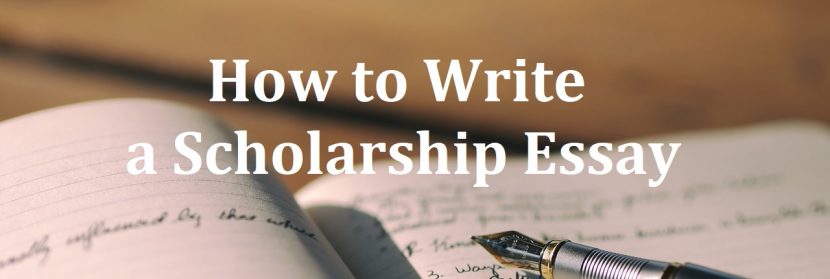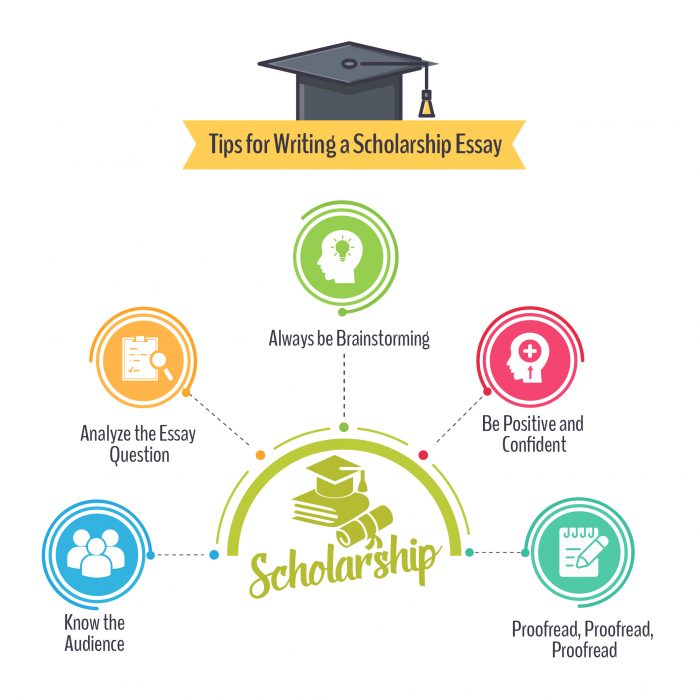The opening line of a scholarship essay is your only chance to convince the selection board to learn more about your case. Since there are thousands of students applying for scholarships, consider something more personal to attract the attention of officers –– more than just your fantastic GPA or extraordinary SAT score.
In this article, we share how to motivate the scholarship committee to read your essay –– at least to skim it –– to increase your chances of getting the award.

Opening Line: Make It Catchy
Let’s imagine you see an article with a headline that sounds interesting to you. What will you do next? Right –– you start to read the first sentence, and usually, you already know one thing for sure when you read it in full. It’s whether you will keep on reading it or not. Sure, if you are interested in the topic, you can give the article another chance and probably skim the text. But you will hardly make yourself read every word if the presentation is boring, huh?
Now let’s get back to our selection board and your essay. The officers read hundreds of pieces a day –– pretty much the same ones. And there must be something impressive to make them notice your story. Even though your academic success is a massive part of your life, other applicants are also worth it. So, use the power of the opening line, which is sometimes called an essay hook.
An essay hook makes you want to read more, but how exactly should it be worded? Let’s take a look at several examples.
Essay Hook: What to Write About?
Here are several ideas for starting your essay; read on to choose the one that suits your case best.
- Incorporate a relevant quote. Sure, if the phrase is well known, it will look more impressive, but it doesn’t always have to be famous. Still, it would help if you remembered that the essay is a story about you, so don’t overdo it with citations.
- Start with an appealing fact. You certainly research lots of information. Try to keep notes of some interesting statistics or unusual points of view on ordinary things.
- State mutually exclusive facts. Following the previous recommendation, you can even go further and mention two contradictory ideas. Readers can get interested in the polarity and the way you will manage it.
- Ask a question. It can be a rhetorical, yes/no, or open inquiry. Your goal is to catch the reader’s attention, and questions can do that perfectly –– if it’s engaging enough.
- Add a bit of humor. An opening line with a joke or an amusing statement can make your reader smile and win his favor.
- Tell a personal story. Stories are always involving, and a relevant tale can be a game-changer in your essay.
- Give a piece of advice. This way you can attract attention as well as some helpful information. However, avoid being too peremptory and categorical since people can think differently.
So, you think you have managed the beginning and captivated the reader with a decent essay hook. What’s next? Here are some ideas for you.

Structure of a Scholarship Essay: an Example
Introduction
In this part of your composition, you will need to catch the attention and briefly let the officer know what the essay is about. There’s no need to give many details –– a brief but informative and explanatory presentation of your assignment is enough.
Stick to the same tone throughout the composition; avoid cliches and trivial ideas or phrases. It’s better to mention your passions, challenges, and experience, letting the committee members learn more about you.
The main part
In this section, start each idea, opinion, or observation with a new paragraph. And don’t make those paragraphs too long –– try to fit your concept into 3-4 sentences. By the way, structure your sentences in such a way to make them about 10-20 words long. Replace impersonal and vague wording with short and distinct phrases.
Though this is evident, always stay on topic. Losing your perspective can affect the overall impression your essay makes. Because sticking to the subject is one of the assessed criteria. And, to make this possible or even enjoyable, choose the topic you like. If you have an option to pick your central focus, think of something you care about.
Conclusion
It will be great to tell the scholarship committee about your academic goals in this part of your composition and explain how the scholarship will help you reach them. For example, let the judges know about your post-graduate plans or mention a couple of companies you would love to work in in the future.

More Tips to Write a Better Essay
Here are some more recommendations for you to create a decent motivational essay.
- Learn more about the organization
Allow some time to research the company or organization that gives the scholarship. Understanding who your readers are and what they value most will help you better personalize your pitch. Some providers public previous-year winners’ essays, so don’t miss a chance to learn what works.
- Mind the word count
Most of the essay requirements include a maximal number of words. To understand how much text you should have in pages, remember that one double-spaced page is approximately equal to 250 words.
- Allow yourself at least two weeks for writing
Two weeks is the minimum time you need to thoroughly prepare a plan, check some additional information on the internet, write and edit the piece. Ideally, if you will have 1-2 days between the stages –– to have a fresh look at what is already done.
Wrapping Up
To write a good scholarship essay, one has to choose a theme (if available), think of a plan, do the additional information research, finally write your piece, and then edit. It would be great to give yourself at least 10-15 days for the whole process with short breaks of 1-2 days between each stage.
